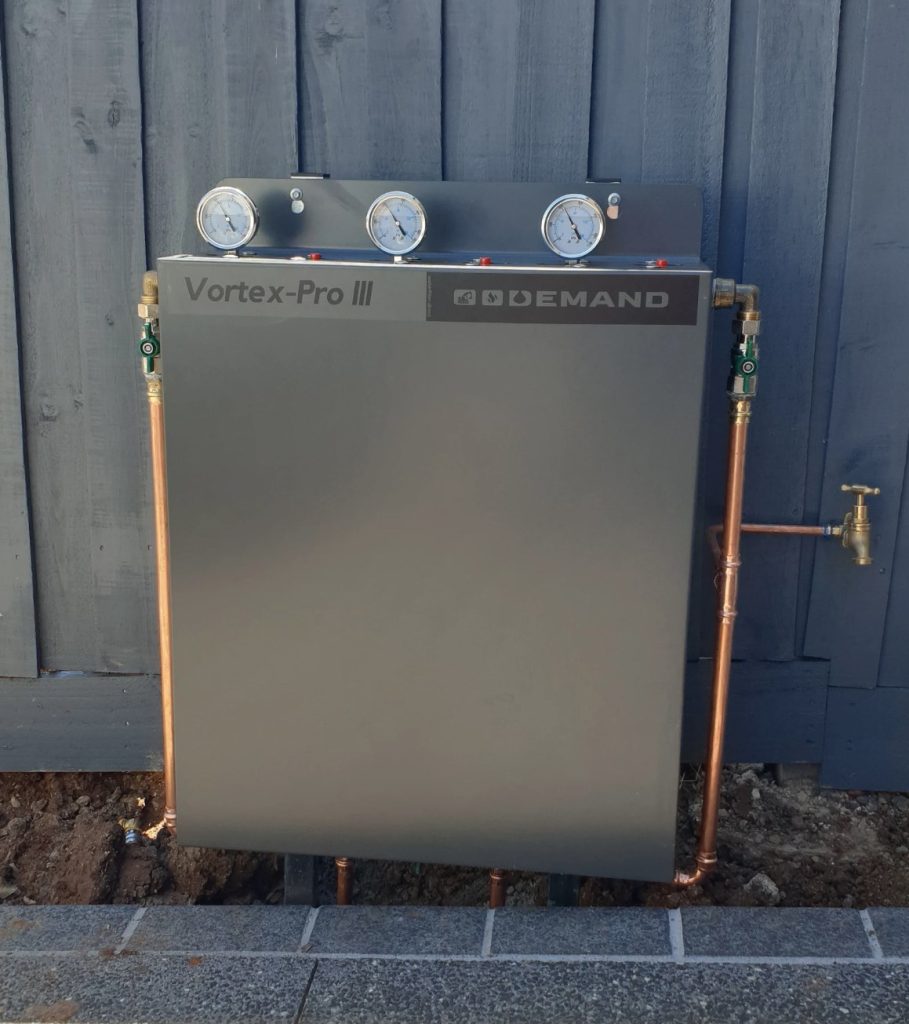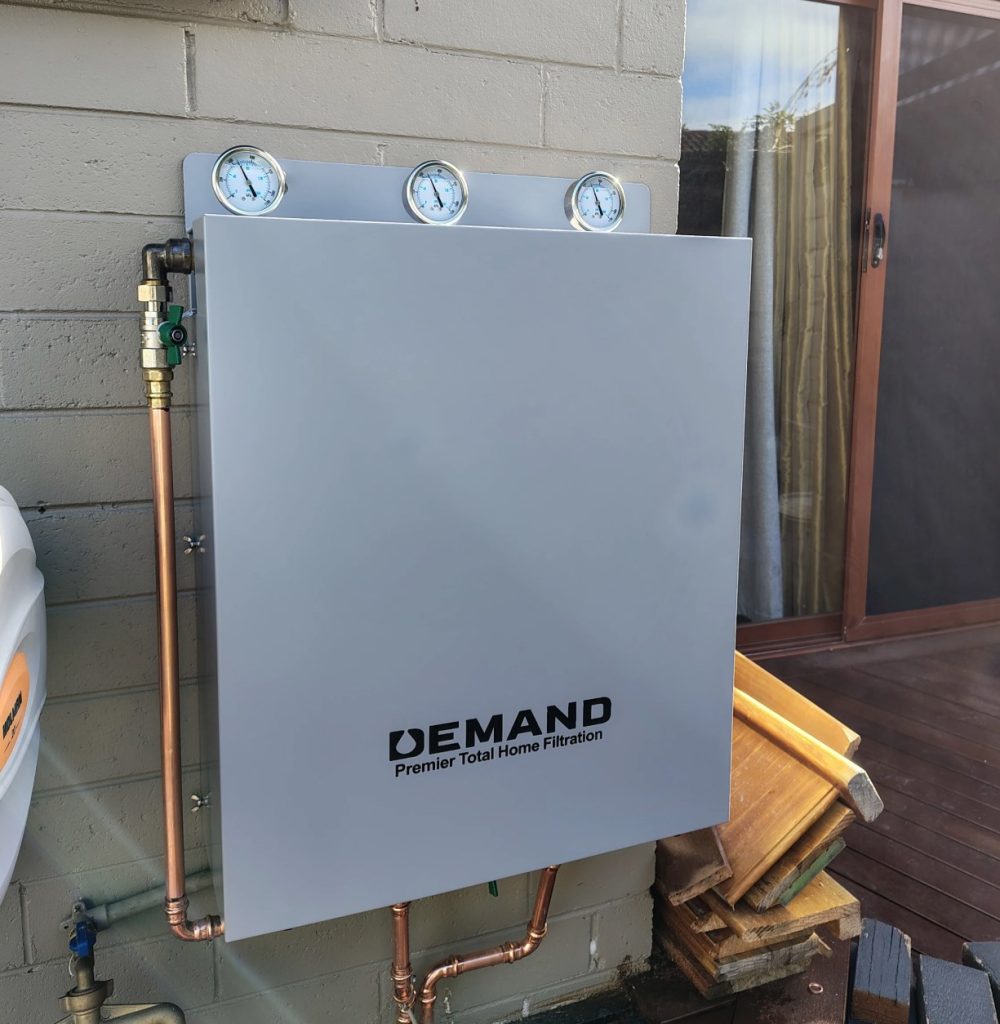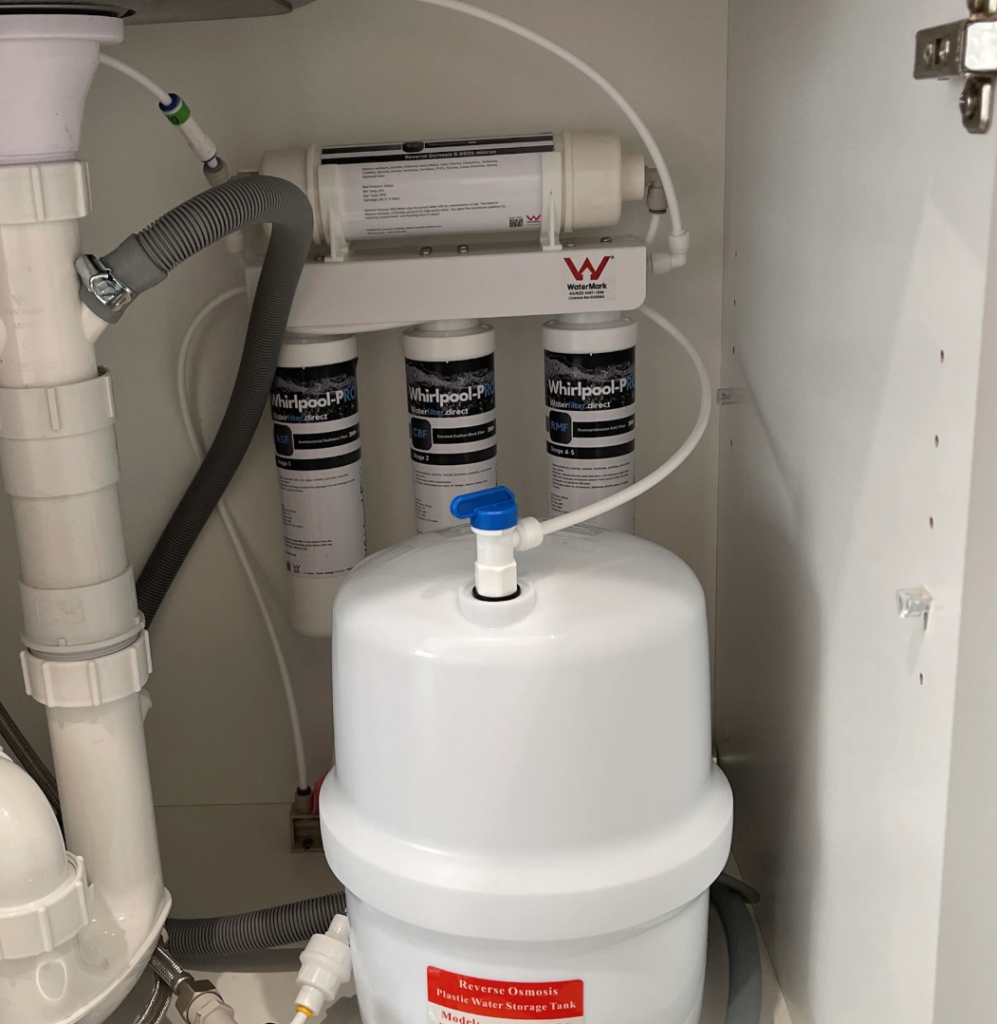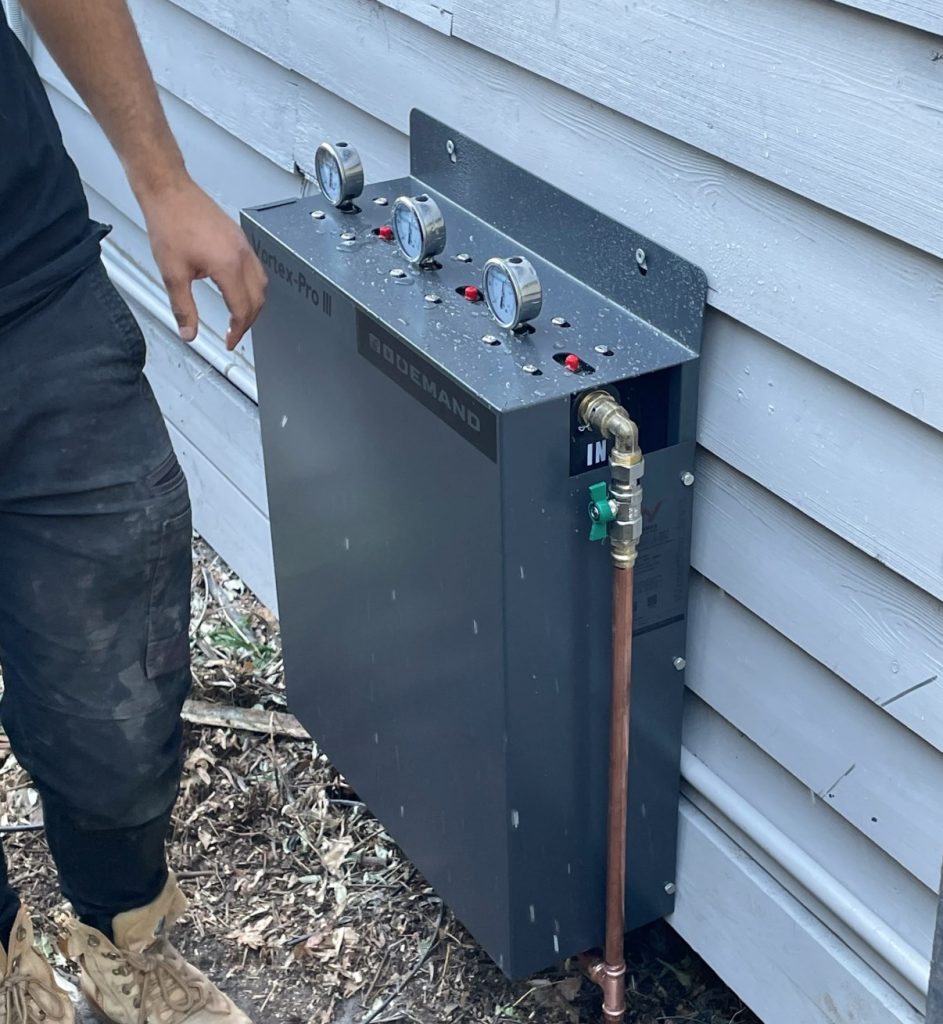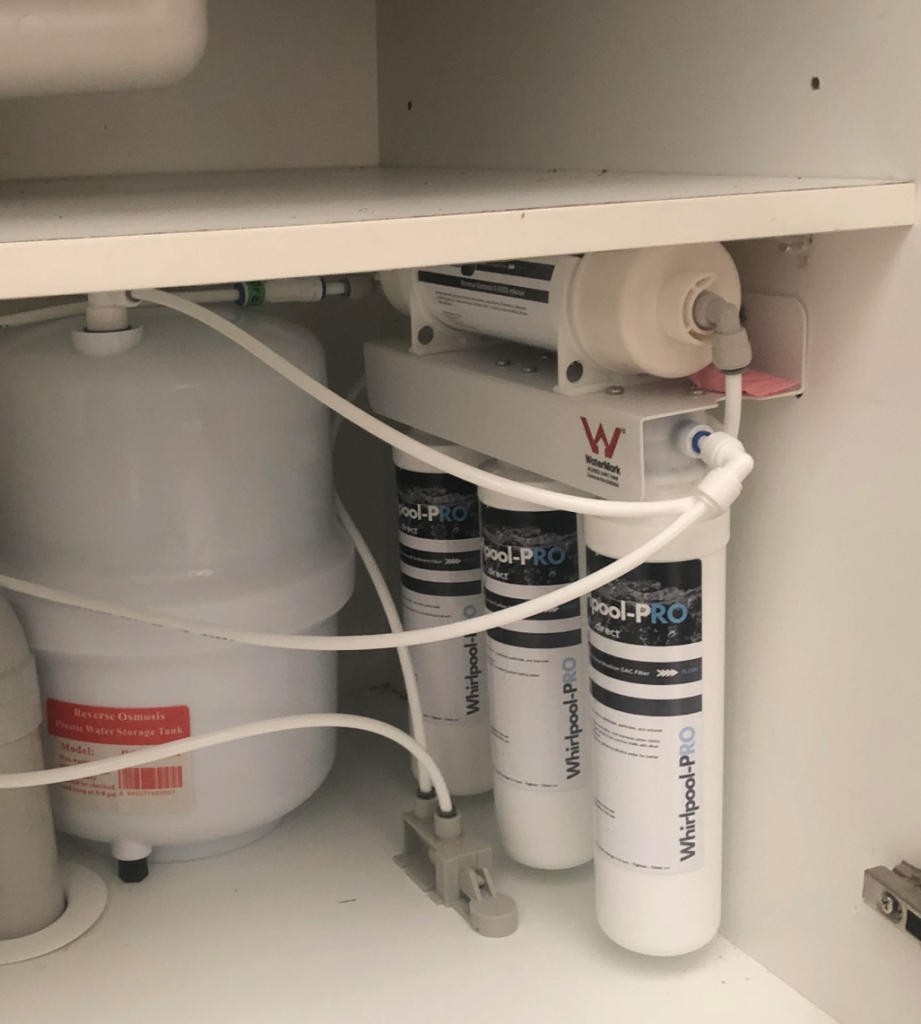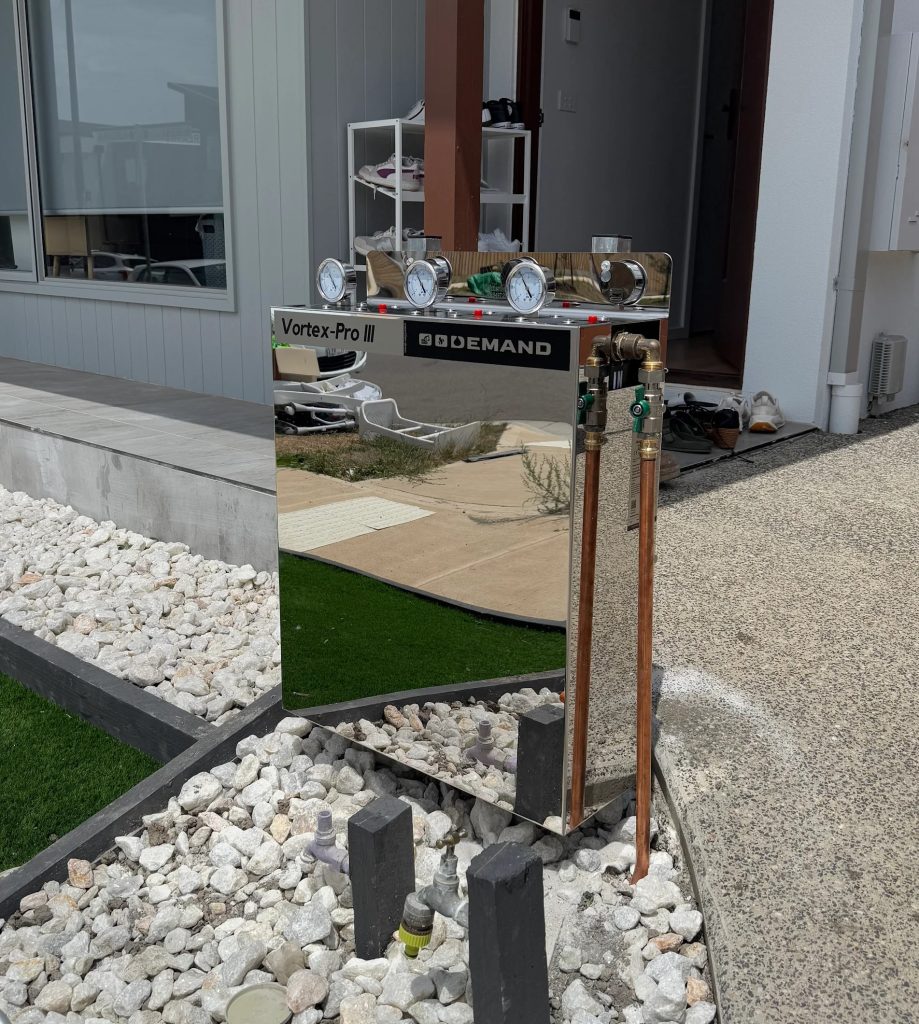Water Filtration Systems Melbourne
Demand Filtration
At Demand Filtration, we are dedicated to providing homes and businesses with top-quality water filtration systems in Melbourne. Whether you’re looking for whole house filters, undersink solutions, or advanced reverse osmosis systems, we have a wide range of products to meet your water purification needs. Our solutions are tailored to address Melbourne’s unique water conditions, delivering cleaner, safer water every time. Backed by exceptional customer support, we ensure a seamless experience from selection to installation.
Comprehensive Water Filtration System Melbourne for Homes and Businesses
Whole House Water Filtration Systems
Under-Sink Water Filters
Reverse Osmosis Water Filters
Why Choose Demand Filtration?
Expert Installation
Affordable Pricing
Advanced Technology
Ongoing Support
Our Services

Residential Water Filtration
Commercial Water Solutions
Custom Filtration Solutions
Partnering Only with Licensed Plumbers
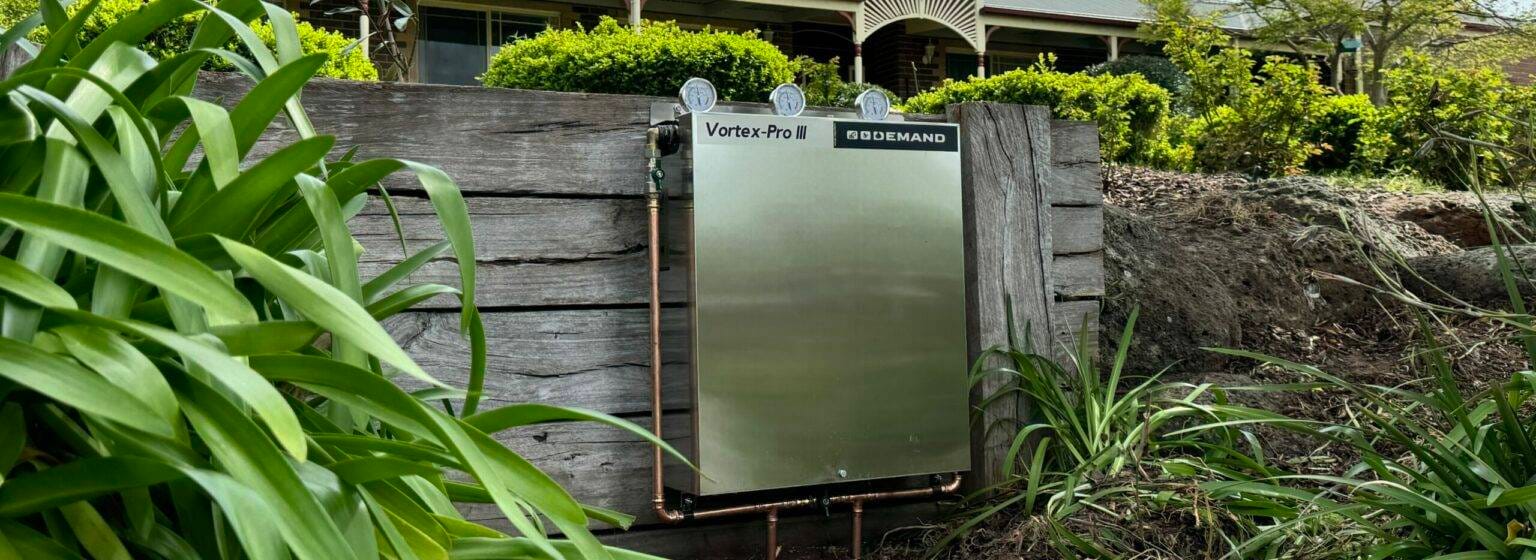
Range of Melbourne Water Filters
Under Sink Filtration
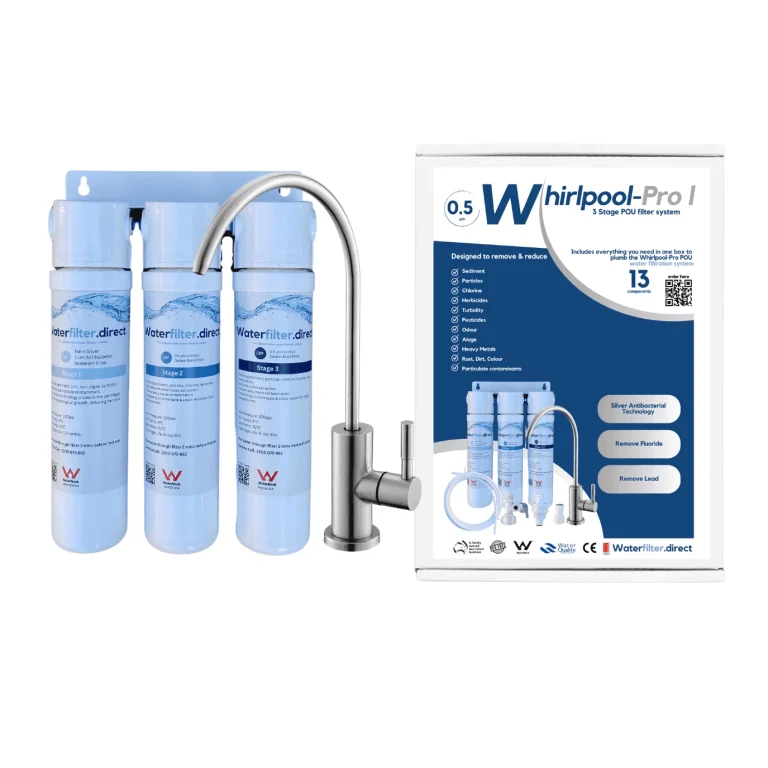 Learn More
Learn MoreReverse Osmosis Filtration
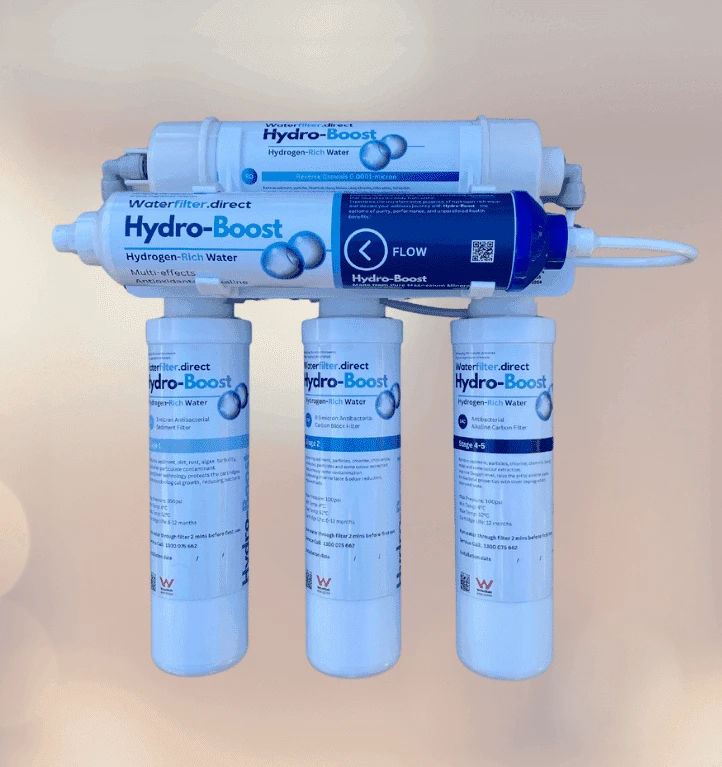 Learn More
Learn MoreWhole Home Filtration
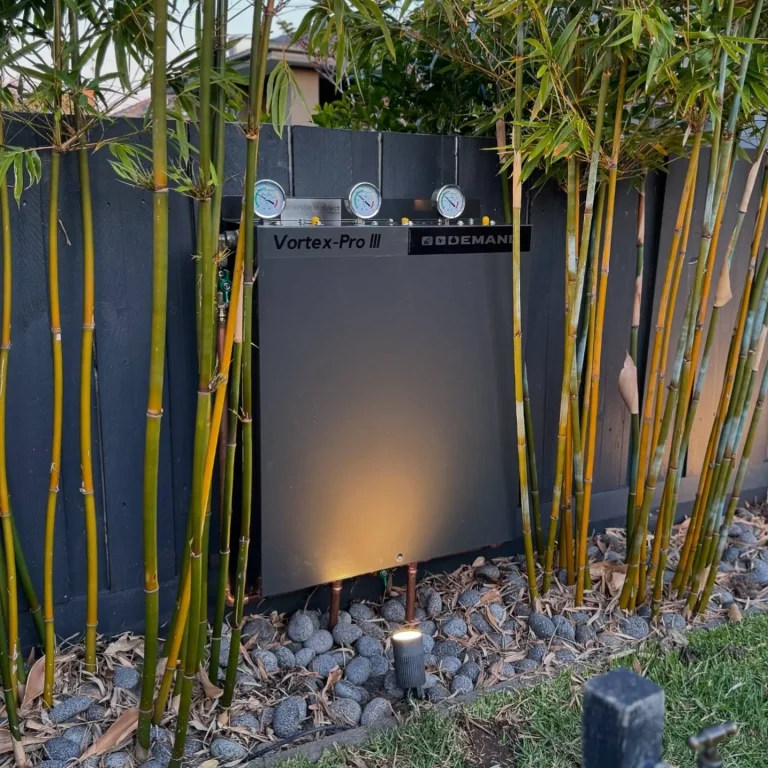 Learn More
Learn MoreReviews
Satisfied Customers
Hear directly from our satisfied customers about their experiences and why they trust our water filtration systems.
Frequently Asked Questions
Find answers to the most common questions about our water filtration systems, installation process, and maintenance to help you make informed decisions about your water quality needs.
Demand Filtration is a Victorian-based, licensed plumbing company that specialises in top-tier water filtration systems. We handle professional installation, local support, and custom water filtration solutions for homes all over Melbourne and beyond.
At Demand Filtration, we know every home’s water needs are unique. That’s why our whole-home water filtration systems are fully customised to your specific water quality, household size, and plumbing setup. There are various system sizes, types, and configurations available, so pricing can range depending on what’s best for your home.
Our prices start from $750 for entry-level systems and can go up to $14,000 for premium whole-home setups with advanced features. On average, a whole-home filtration system typically costs between $3,500 and $4,500, depending on the size and complexity of your home.
To give you accurate pricing, we offer a free in-home water consultation performed by our licensed plumbers—not salespeople. During this visit, a qualified technician will:
- Test your water quality on-site
- Discuss the filtration options tailored for your family’s needs
- Inspect your property to determine the best installation approach and placement
- Provide you with upfront, transparent pricing—no surprises.
Pricing varies based on your home size, water hardness, local water treatment chemicals, and your filtration goals, whether that’s drinking water only or whole-home protection.
Filters are generally recommended to be changed annually to ensure the continuous production of clean and good-quality water from the system. Sometimes, in areas of lesser water quality, we do suggest doing it more frequently.
Typically, it’s a change in water pressure or warning from us. Changes in the taste or odor of water make for good reasons to replace it, too. Your service history is recorded in our system so that we can remind you when your filters require replacement.
Many have witnessed the venders reporting less irritation and drying of the skin following the switch to filtered water. Without making any medical claims, we would like to add that some reduction in exposure to chlorine, heavy metals, etc., may be conducive to the health of the skin.
Our standard cartridges removes sediment, chlorine, and common contaminants in tap water. The premium cartridge adds 0.22 micron ultra-fine filtration-protecting against bacteria, fine particles, and some viruses too. Perfect for families and health-oriented households.
Yes — we customize filtration solutions for rain water tanks, bore water, and mains supply. For non-mains water, we provide sediment pre-filtration and UV disinfection to make it suitable for daily use.
The Vital Pro Premium system is the ultimate home water purification system. It removes 99.99% of contaminants including chlorine, heavy metals, bacteria, VOCs, and microplastics-allowing you to have medical-grade water right in your house.
A filter targets particles, chlorine, and chemicals. A purifier (like UV or reverse osmosis) goes further by eliminating bacteria and viruses. We therefore combine both technologies to ensure complete water protection-no compromises.
The typical things water filters do not remove are:
Fluoride (unless they are purposely created for that purpose)
Bacteria or viruses
PFAS or pharmaceutical residues
Hence, we provide multi-stage solutions planned according to your requirements.
No-we keep those minerals beneficial to health such as calcium and magnesium in our systems. If you have rainwater or an RO system, we may add remineralization filters to this process to restore balance.
We applied a tried and tested process consisting of:
Pre-filtration for leaves and sediment
Carbon block filtration for chlorine and odours
UV sterilisation to kill bacteria and viruses
You now have safe, clean, and drinkable water coming from your rainwater tank.
10 years warranty on the system housing
5 years performance warranty on the core systems
Installed and backed by licensed professionals
With local customer care services and service reminders, your mind will be at ease forever.
Premuim Water Filtration Across Melbourne
We have professionally qualified technicians across Melbourne.
Areas we service:
Bacchus Marsh
Ballarat
Bellarine
Cheltenham
Bacchus Marsh
Geelong
Healesville
Hurstbridge
Kyneton
Lovely Banks
Melbourne
Melbourne North
Melbourne East
Melbourne South
Melbourne Water
Melton
Point Cook
Reservoir
Sunbury
Werribee
Doncaster
Templestowe
Eltham
Greensborough
Ivanhoe
Bacchus Marsh
Preston
Epping
Doreen
Mernda
Coburg
Pascoe Vale
Glen Waverley
Burwood
Blackburn
Mitcham
Box Hill
Croydon
Lilydale
Wantirna
Box Hill
Dandenong
Discover Why 99.8% of Our Customers Give Us Positive Reviews!
Call now or book your FREE water test today and see why our customers consistently give us top ratings!
_edited_9.png)
